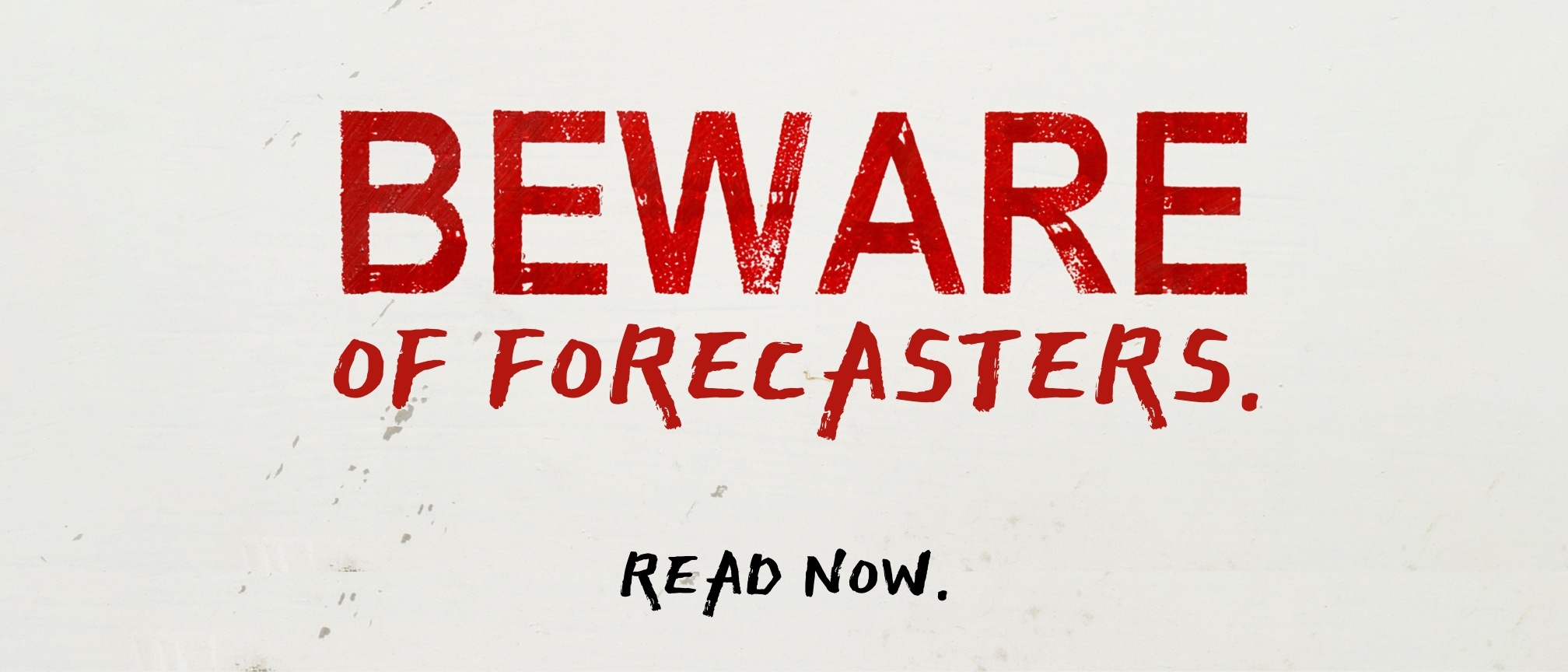With the internet at your fingertips, you can become an expert at anything, right? That’s not exactly true. A little knowledge can lead to a lot of harm if research and implementation are not done responsibly. First, you want to be sure to consult resources that you can trust.
When it comes to personal finance, there is certainly a plethora of information and advice online. However, especially when it comes to your money, you should be wary of whose advice you take. We’ve compiled a list of our favorite helpful financial websites, as well as what we consider to be uniquely valuable about each option.
1. Investopedia
Investopedia is kind of like the finance specific Dictionary.com. Here you can find definitions of financial terms and concepts that are easy to understand, yet also very comprehensive. They even offer various tutorials and how-tos. We think this website is important because we know financial literacy is important. Even if you work with financial professionals, there are so many phrases specific to the industry that it can be hard to keep up with what they’re saying. You should also always feel comfortable asking your financial team to explain something. If you don’t, that’s probably a sign that you’re not working with the right people.
2. New York Times: Your Money Section
It’s hard to go wrong with a reputable news source, such as the New York Times. This paper is a great place to learn about current updates in the financial industry. The “Your Money” section specifically is special because it explains how these updates might impact your personal finances. It’s one thing to know about what’s happening in the global economy, but what’s particularly useful is knowing if you should do anything about it. Plus, the articles found here tend to be longer, narrative pieces that offer some in-depth insight. This is a great website to consult if you already have a good understanding of personal finance, but you would like to stay up to date on policy changes and other industry news.
3. CNN Money
If you like the New York Times, but are looking for more short-form pieces, try checking CNN Money. They’re great at covering breaking news related to personal finance, the economy, small businesses, and even luxury brands. Plus, they also relate the news back to individual money management, but in an easily digestible way.
4. Kiplinger
This magazine has a reputation for being a trusted thought leader, so it’s no surprise that the digital version is also a great resource to consult when learning about personal finance. They cover a broad range of topics from investing to real estate and beyond. Kiplinger offers actionable tips and tricks, as well as solid business forecasts. Something that sets them apart from the crowd is the interesting formats they use, such as slideshows, videos, podcasts, and quizzes. This is the perfect website for those who want to learn in ways other than reading articles.
Honorable Mentions: There are plenty of other websites out there whose origins are in more traditional media. Because of their longstanding trustworthy reputations, you can often count on them to give you reliable information. The Bloomberg economics section and CNBC’s large selection of articles on finance, the economy, investing, and the markets are also great choices for research.
5. Wise Bread
This is an often-recommended site for those who want to learn how to save more money. However, it is a forum, which means some of the tips are coming from experts and experienced bloggers, while others are written by everyday people. It can be useful to read about some real-world experiences and the resulting advice, especially for those that are new to focusing on personal finance. Just be sure to take any hard and fast statements with a grain of salt, or a few. With that in mind, know that there are a variety of articles on budgeting, saving less, and more on this website.
Wise Bread isn’t the only forum people trust for financial advice. Reddit, which is an extremely popular social news aggregation, web content rating, and discussion website, has a wide variety of personal finance threads. Here, average Joes and Janes both ask and answer questions. Again, it’s nice to hear from other people who come from a similar walk of life, but it’s rare to find advice from certified professionals on Reddit.
Similarly, Quora is a Q&A site on which someone may have already asked a personal finance question that you have in mind. It’s worth a search to see what kind of advice other users have given. You can also post a new question yourself. One real benefit of forums is that if you begin a discussion, answers and advice will be personalized to your specific situation. You may also feel less alone when you realize other people are struggling with similar issues. Try using these kinds of websites to get yourself pointed in the right direction, then do further research and consult with a financial professional.
Speaking of professionals, many wealth managers, financial advisors, and other people in the field have great resources on their websites. There is no shortage of blogs on the internet that are written by real financial experts. The best part is that if you like what you read on a wealth manager’s website (such as the blog you’re reading right now), their contact information is likely only a click away!
Although there is all this financial information online, it is not in your best interest to rely on these resources alone. It’s always wise to be as informed as possible but trying to teach yourself money management is not advised. Financial professionals have years of experience, training, and continuing education under their belts. All of us are prone to having emotional reactions to market, economic, and political environmental impacts. However, professionals have learned how to control this to some extent and are able to maintain discipline when managing their clients’ finances. You don’t have to, and shouldn’t, go it alone. If you want personalized advice on your finances, nothing beats speaking with someone who really knows what they’re talking about.
.png)
.png?width=440&height=102&name=Wealth%20Conservatory%20Logo%20(1).png)



